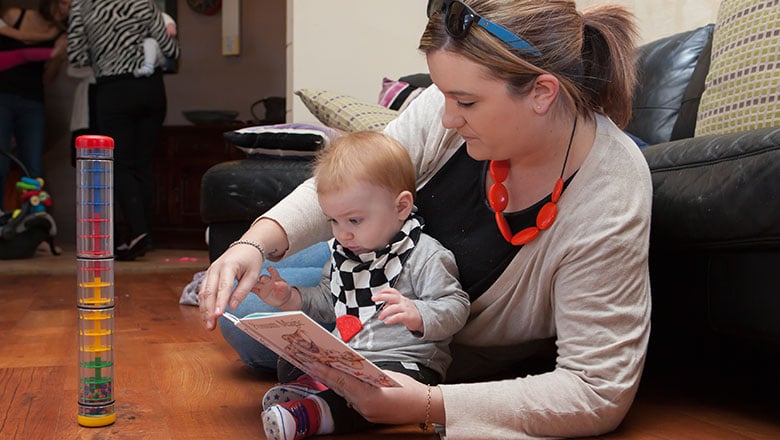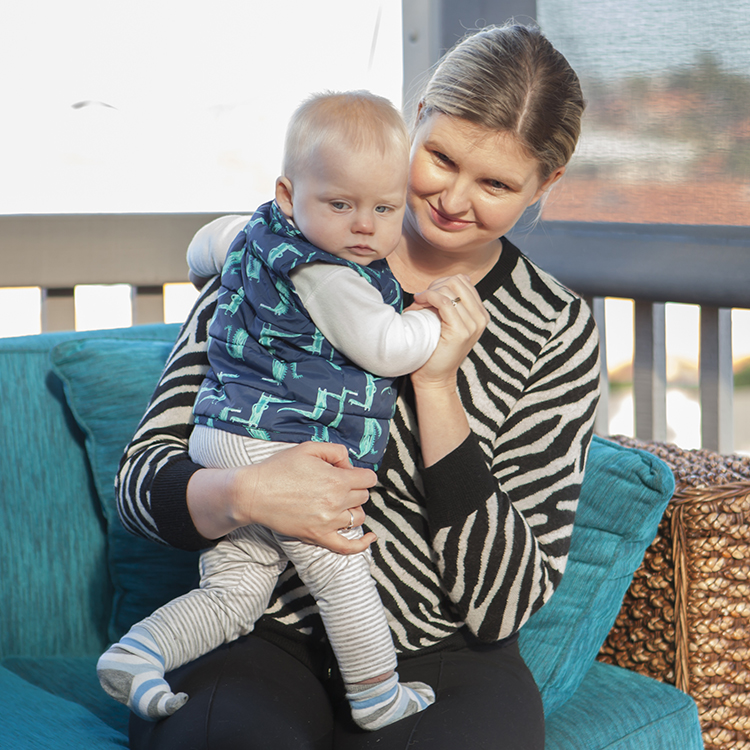Search

News & Events
Building the best communities for early child developmentThe Kids Research Institute Australia's Australian Early Development Census has become the world's first proven and reliable measure of early childhood development.
Research
Innovative Playful Learning Approaches to Improve Children’s Readiness for Primary Education in UzbekistanThe Government of Uzbekistan has committed to reforming preschool education, prioritising upskilling teachers to use international best practice.

Epigenomic research at The Kids explores the links between childhood disease and the molecular hallmarks of epigenetic control.

News & Events
Early childhood researcher wins South Australian science awardAn early childhood researcher based at The Kids Research Institute Australia’s Adelaide office has been honoured at South Australia’s Science Excellence and Innovation Awards for her work revealing the link between screen time exposure and toddlers’ language development.
Research
Study protocol for a randomised controlled trial evaluating the effect of folic acid supplementation beyond the first trimester on maternal plasma unmetabolised folic acid in late gestationTaking folic acid containing supplements prior to and during early pregnancy reduces the risk of neural tube defects. Neural tube defects occur prior to 28 days postconception, after which, there is no proven benefit of continuing to take folic acid. However, many women continue to take folic acid containing supplements throughout the pregnancy.
Research
Adolescent education outcomes and maltreatment: The role of pre-existing adversity, level of child protection involvement, and school attendanceMaltreated children are at high risk for low educational achievement, however few studies have accounted for confounding risk factors that commonly co-occur (including child, family and neighbourhood risk factors) and results have been mixed, particularly for adolescents.
Research
Associations of prenatal alcohol exposure and offspring harmful alcohol use: findings from the Raine StudyEpidemiological evidence suggests offspring exposed to prenatal alcohol are at increased risk of alcohol use disorders in adulthood. The evidence on the risk of developing harmful alcohol use in adolescence is less clear.
Research
Early Vocabulary Development of Australian Indigenous Children: Identifying StrengthsThe current study sought to increase our understanding of the factors involved in the early vocabulary development of Australian Indigenous children.
Research
Data resource profile: The Australian early development index (AEDI)This paper describes the Australian Early Development Index, a developmental census conducted by the Australian Government across the entire population of...
Research
Neighbourhood Effects Influencing Early Childhood Development: Conceptual Model and Trial Measurement Methodologies from the Kids in Communities StudySocio-environmental factors, including the neighbourhoods in which children live and grow, are key determinants of children's developmental outcomes.
